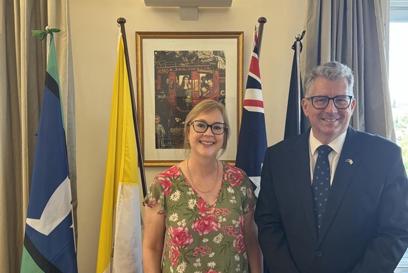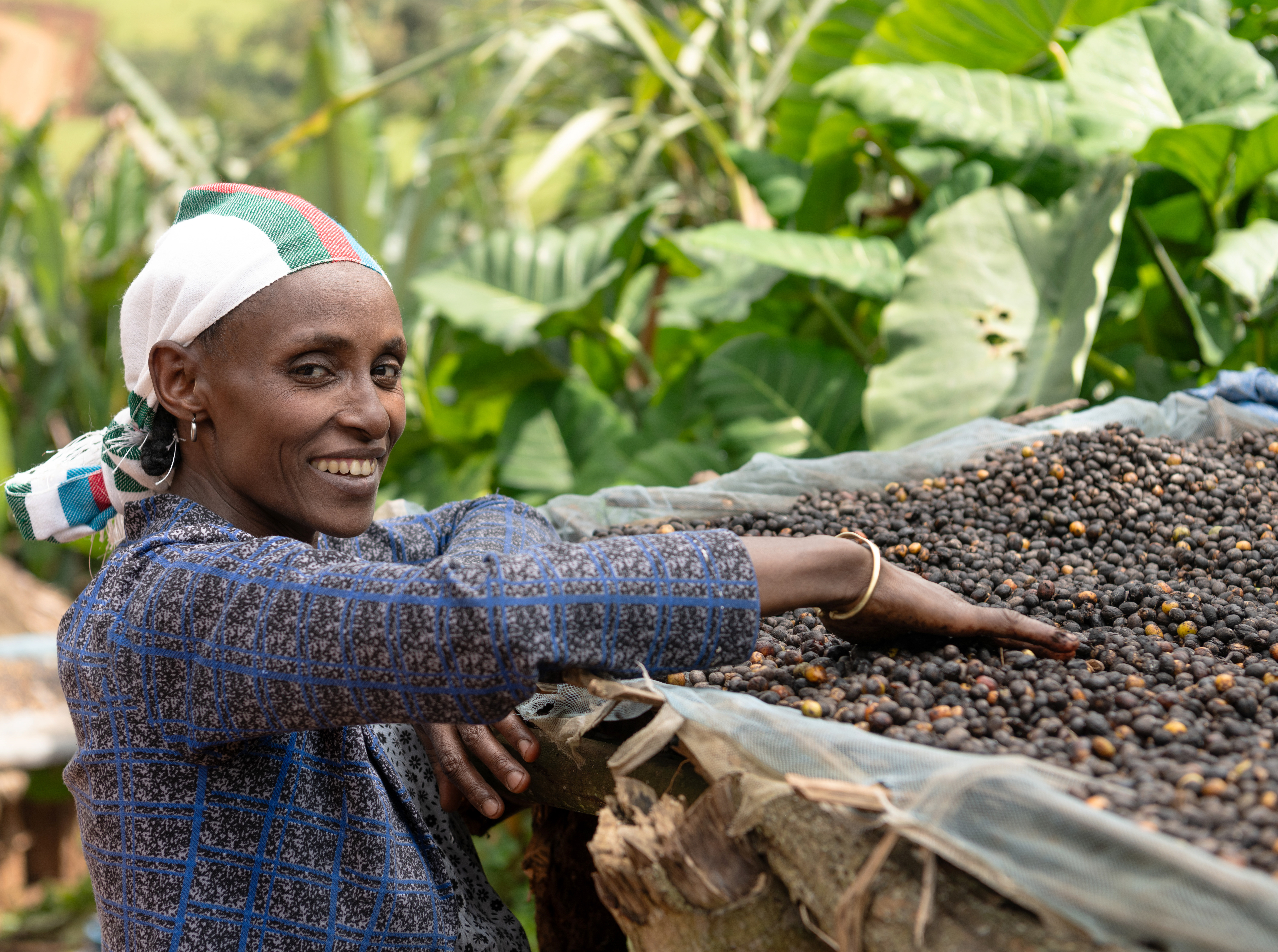Caritas agencies and partners in Southeast Asia joined a climate response workshop in Cambodia, organised by Caritas Australia. Attendees of the “South-East Asia Regional Climate Change Response Framework” included Caritas Indonesia, Caritas Timor-Leste, Caritas Cambodia, Caritas Philippines, and other local partners in Cambodia.
The event’s purpose was to develop a unified policy across the region in response to Laudato Si’ and Laudate Deum. In the Encyclical Laudato Si’, Pope Francis speaks to the cry of the earth and the cry of the poor, drawing attention to the fact that climate change effects have the greatest impact on the world’s most vulnerable.
Caritas Australia’s Asia Regional Advisor, Joseph Kodamanchaly, said of the event, “We want to bring everyone together to plan and take joint action on the urgent issue of climate change in their respective countries and the region.”
Attendees worked together, sharing knowledge and approaches across four areas. Firstly, by exploring action at an individual, community, and institutional level, secondly by looking at practical steps within the environmental ecosystem itself, thirdly by discussing how partnerships can drive change, and finally by investigating policy-led approaches.
Joseph Kodamanchaly said of the event, “attendees were able to learn from like-minded organisations, with a view to developing a unified plan to be orchestrated at a regional and national level. In doing so, we hope to leave no stone unturned and maximise impact through collective action.”
Discussions were underpinned by exploration of theological approaches to integral ecology, guided by the Laudato Si’ encyclical. Speakers included Msgr. Enrique Figaredo, SJ, Apostolic Prefect of Battambang and Chairman of Caritas Cambodia, and Jing Rey Henderson, Head of the National Ecology Program of Caritas Philippines.
Caritas Australia supports development programs in 24 countries, working with 90 partners across Asia, Africa, and the Pacific. Many of these programs address the impacts of climate change. In FY23, these programs resulted in 19,738 people participating in the development or implementation of disaster risk reduction plans, while 36,473 people adopted innovative and sustainable agricultural practices.

















